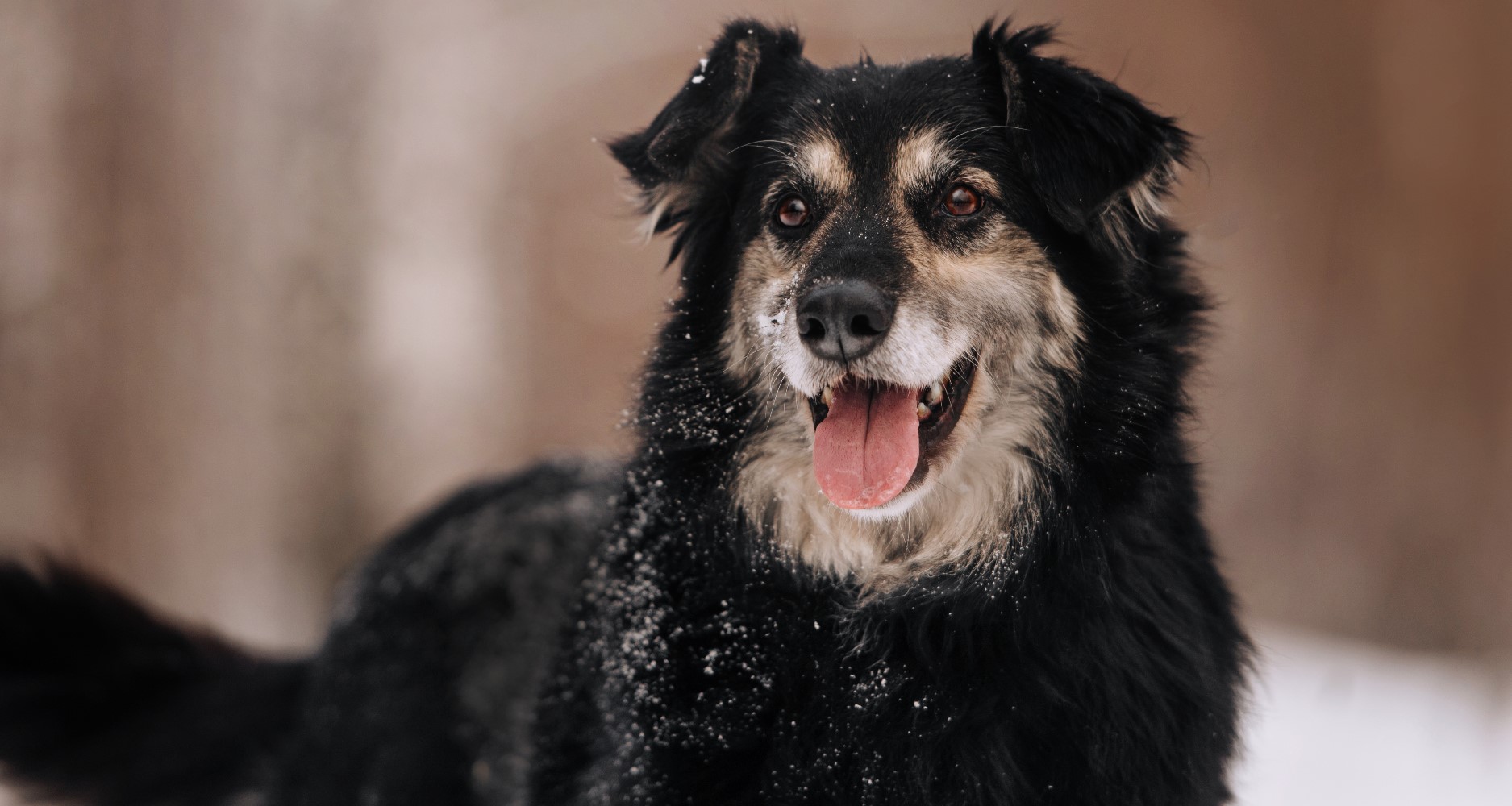HEALTH & WELLNESS

VOTING BOOTH

TRENDING

LIONS FOUNDATION OF CANADA DOG GUIDES
Lions Foundation of Canada Dog Guides and its founding program, Canine Vision Canada, was established in 1983. It’s the largest school of its kind in Canada with its training school in Oakville and breeding facility in Breslau.
What You Should Know About Senior Dogs

As dogs get older, their needs change. So, here are a few things you should know about senior dogs.
If left unchecked, dental disease in dogs can cause other health problems, for example heart, lung and even kidney disease. However, if you are vigilant about your pet’s dental care you can prevent dental disease and its downfalls.
AT WHAT AGE ARE DOGS CONSIDERED SENIOR?
Every dog is different, but typically breed and size play a role in when a dog is considered senior.
Average senior ages of different breeds:
- Giant Breeds: 5 to 6 years
- Large Breeds: 8 to 10 years
- Small Breeds: 10 to 11 years
Dogs also age at different rates. Factors that influence aging include:
- Diet
- Genes
- Environment
- Health conditions
SIGNS OF AGING
- Less active
- Hearing loss
- Gum disease
- Muscle atrophy (loss)
- Weight loss or weight gain
- White hairs on face and muzzle
- Trouble sleeping / sleeping more
- Increased opacity in the eyes (not cataracts)
- Behavioural changes related to canine dementia (staring blankly at walls, etc.)
Talk to your veterinarian about managing conditions to improve your dog’s quality of life.
COMMON DISEASES SEEN IN SENIOR DOGS
- Cancer
- Obesity
- Osteoarthritis
- Dental Disease
- Hypothyroidism
Age can also increase the likelihood of kidney-, liver- and heart disease.
HOW TO TAKE BETTER CARE OF SENIOR DOGS
Here are some ways to help your best friend stay healthy and happy for longer:
- Adapt your grooming schedule
- Book regular veterinarian visits
- Change to quality senior dog food
- Give them extra love and attention
- Prioritize dental care and oral hygiene
- Consider offering additional supplements
- Ensure your dog maintains a healthy weight
- If your dog has a health condition, consider a special diet
- Make sleeping spots and relaxation areas more comfortable
- Find out how to check body condition and keep monitoring it
- Keep exercising, but tailor activities to your dog’s individual needs
- Keep giving your dog toys to encourage play and to provide mental stimulation
- Make it easier for your senior dog to move around in your home (e.g. get ramps)
Related Articles








